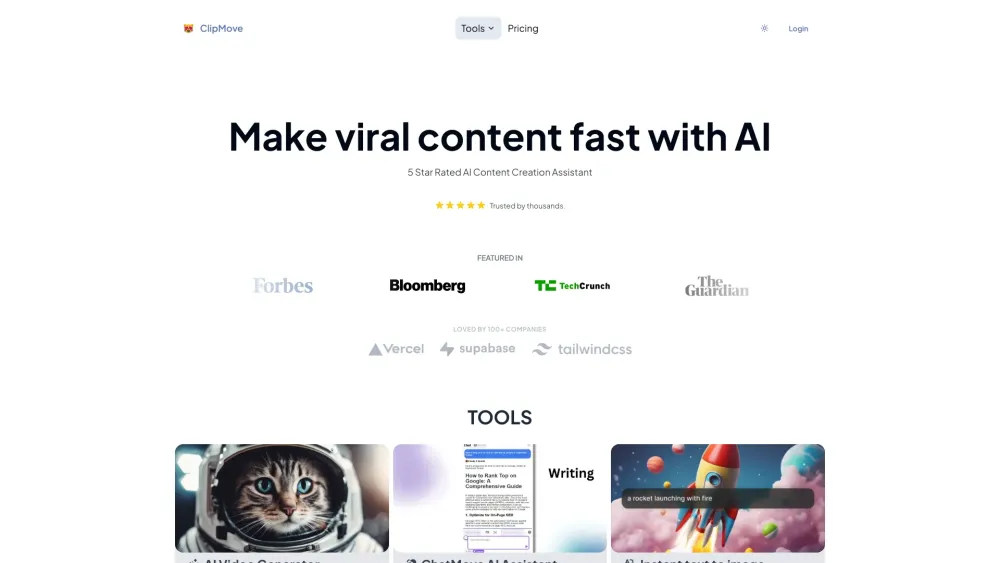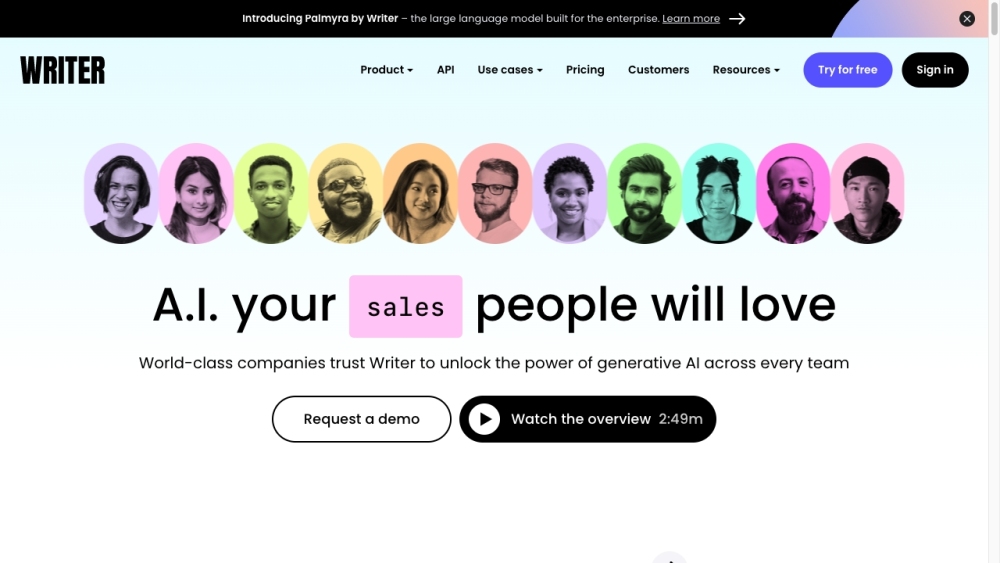Mark Hay and Ethan Ding are on a mission to transform corporate decision-making into a data-driven process. While ambitious, their optimism shines through. The two engineers met during the pandemic and have since co-founded TextQL, a platform designed to link a company’s existing data stack with advanced large language models, like OpenAI’s ChatGPT and GPT-4. Their goal is to empower business teams to make on-demand inquiries about their data, utilizing a tool that, as Hay puts it, “understands their teams’ ‘nouns’ and semantics.”
“Data leaders have faced a decade of unfulfilled promises. Many Fortune 500 chief data officers now cringe at the term ‘self-service,’” explained Hay, TextQL’s CTO, in an email interview. He noted, “Their 400,000 data scientists often spend over 40% of their time fulfilling one-off data requests, while business teams struggle with inconsistencies in the terminology used in their databases, leading to significant productivity losses over disputed figures.”
Hay, who previously worked at Facebook on its machine learning team, and Ding, a former member of Bessemer Venture Partners’ data team, believed they could create a more effective solution. In 2022, they launched TextQL, which employs a data model to align a company’s database with the actual business terms used by customers—think terms like “order,” “item,” “dealer,” “SKU,” and “inventory.”
TextQL integrates with business intelligence tools, guiding users to existing dashboards when questions have already been addressed. It can also reference documentation from enterprise data catalogs like Alation, alongside notes stored in platforms such as Confluence or Google Drive.
This functionality allows TextQL users to pose questions to a chatbot, such as “Can you list the orders that were significantly delayed?” or “Identify the distribution centers with the highest concentration?” In addition to answering queries, TextQL features automation capabilities that can take action, like notifying managers about specific data sets via email.
"In today’s economic climate, where doing more with less is essential, we empower enterprise operators with unparalleled capabilities through our platform," Hay remarked. He identifies TextQL’s competition as vendors like Palantir and C3.ai, stating that they currently serve about half a dozen customers in sectors including healthcare, life sciences, financial services, manufacturing, and media. He claims that their annual recurring revenue is in the “six figures,” providing TextQL with a runway of “several years.”
“Surprisingly, the market slowdown hasn’t impacted us negatively. On the contrary, companies are enthusiastic about our software as it assists them in increasing efficiency with leaner teams,” Hay commented. He also highlighted that their team comprises seasoned founders with venture-backed experience, a talent pool that is rare to find in the current environment.
On the funding front, TextQL has assembled a team of around 10 people and raised $4.1 million in pre-seed and seed rounds, co-led by Neo and DCM, with contributions from Unshackled Ventures, Worklife Ventures, PageOne Ventures, FirstHand Ventures, and Indicator Fund.




